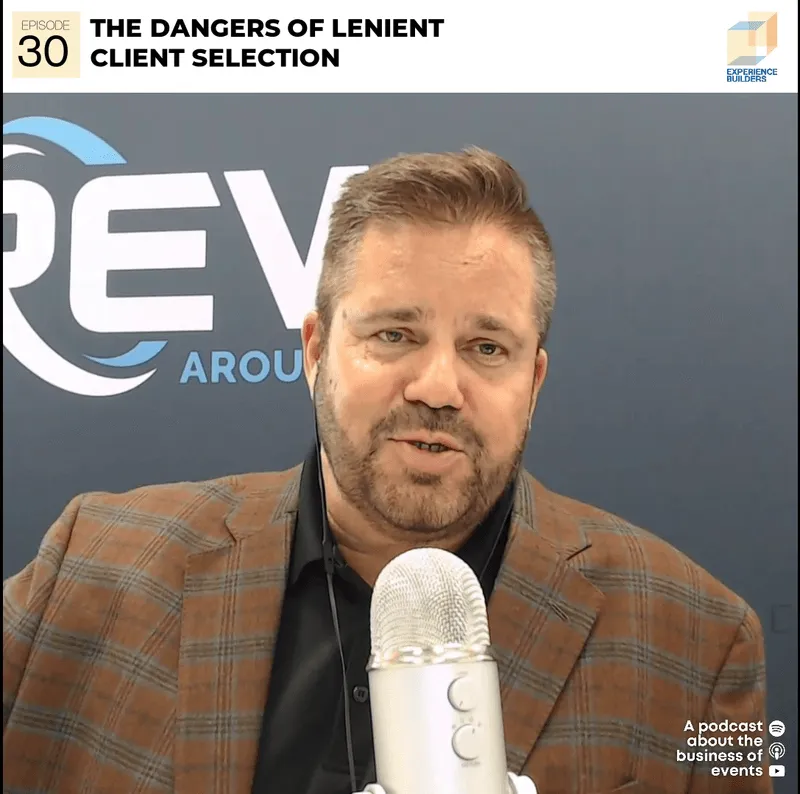
Last month, Exhibit City News presented an article on how professional recruiters can assist companies with targeting staffing candidates: “Employer’s market doesn’t mean easy recruitment.” This month’s article tackles the flip side – how job seekers can build beneficial relationships with industry recruiters.
Federal Reserve Chairman Ben Bernanke announced in October that the recession is over, but added the rebound would “likely be so moderate it wouldn’t produce many jobs”. The National Association for Business Economics also announced in October that “the Great Recession is over” yet followed up by stating that the employment picture is not expected to improve until 2012.
In fact, it is getting worse according to the Bureau of Labor Statistics. Since the start of the recession in December 2007, the number of unemployed persons has increased by 7.6 million to 15.1 million, and the unemployment rate has doubled to 9.8 percent, up from 9.7 percent in August.
With the troubling economic climate and dreary employment outlook, job seekers are networking like crazy, joining social media networks and contacting recruiters with the hope of tracking down job leads.
While most agree that the best way to find unadvertised job leads is through networking among friends and professional peers, recruiters often have jobs to fill that only they know about. Therefore, individuals should add recruiters to their search network, ideally before they need a job, but afterwards works to if you go about it correctly.
To save you from gaffes, I asked two exhibit industry recruiters to share their insight on how to build rewarding relationships with recruiters. Cal Cook, founder of ExhibitRecruiter Inc, a recruiting firm that places exhibit industry professionals with exhibit designers and producers throughout the US and Canada, and Geoff Denton, founder of Strategic Resource Consultants, lent this article their expertise.
But, before we get their expert viewpoints, let me provide you with a little background on recruiters in general. First, recruiters are often referred to as search consultants or headhunters. Secondly, there are two types of recruiters – retained recruiters and contingency recruiters. Some recruiters specialize in one of these areas while others do both retained and contingency searches.
Retained recruiters are paid by the employer for their recruiting efforts regardless of the outcome. Retained recruiters present opportunities and oversee the interview and placement process for their clients and often earn upwards of 20 to 30 percent of a candidate’s first year salary or total remuneration as a hiring fee.

Contingency recruiters are paid by the employer for each referred person who is hired. The contingent recruiter can earn as little as 10 percent or as high as 35 percent of the candidate’s first year base salary or total remuneration as a hiring fee.
Thirdly, recruiters usually work for multiple clients in a third-party broker relationship, providing companies with a well-developed pool of candidates and short cuts for expediting the search and hiring process.
The first thing job seekers should know about working with recruiters is that a recruiter’s fee is paid by the hiring company so don’t expect any allegiance from a recruiter. They are not going to rewrite your resume, tell you which job your skills are suited for or drop what they are doing to return your call. That is, unless you are a compelling candidate with the experience and skills to fill an open position. If you want someone to work on your behalf, hire a career counselor to refine your professional positioning and/or hire an outplacement firm to knock on doors for you.
According to Cook and Denton, the best way to connect with a recruiter is via an introductory e-mail with your resume attached. If you are responding to a recruiter’s ad, make sure you are a strong fit for the position then sell the recruiter on your candidacy by differentiating yourself and being memorable. Don’t just tell, sell your qualifications. Sell the recruiter on why the company should hire you. If you contact a recruiter without a specific job in mind, your introductory letter should be a short synopsis of your career accomplishments and a description of the type of employment you are seeking. Again, differentiate yourself. Be memorable.
“Job seekers can reach out to us by phone before they send their resume, but for us to have any intelligent conversation we need a resume to review first,” said Denton, who founded Strategic Resource Consultants (SRC) 22 years ago to help ease the challenge of employment transition for applicants and employers in the face-to-face marketing industry.
Where many recruiters, have a “don’t call us, we’ll call you” mindset, both Cook and Denton encourage job seekers to follow-up with them.
“I don’t mind if job seekers call to see if I have received their resumes,” said Cook. “Even if I don’t have a job that fits the individual at the time, I encourage people to follow-up with me periodically, just to remind me that they are still out there, still available.”
Once Cook makes contact with a job seeker, he recommends that the individual sign up for his “job mail” notification service at ExhibitRecruiter.com. This service sends individuals targeted job postings as they become available.
“I try to be very professional and kind to anyone that contacts me,” Cook added. “Because if someone calls a recruiter, it is not because they want to.”
Denton and Cook also agree that job seekers have to be realistic about their skills and qualifications before sending a resume for review. Each says they often receive resumes from unqualified job seekers.
“I understand the plight of the unemployed, but I don’t have time to respond to unqualified job seekers,” Denton said. “I often get resumes from people who don’t know anything about the exhibit industry but send a resume anyway. I currently have an ad running for a vice president of operations and I am getting resumes from mangers of drug stores.”
In addition to unqualified resumes, both recruiters say they sometimes get resumes that are incomplete or vague.
“My number one frustration is getting a resume that is incomplete or contains false or misleading information,” said Cook. “For instance, job dates not included, unexplained gaps, jobs omitted, or colleges attended or professional certificates attained not noted.”
Cook and Denton will sometimes coach individuals on how they can improve their resume, but Denton said in some cases he recommends a person seek help from a professional resume writer. One way job seekers may alienate a recruiter is by not being upfront about their job search or honest about their qualifications.
“What really frustrates me is when I contact applicants about an opportunity, that they don’t tell me have already submitted a resume to the company I am recruiting for,” said Denton. “I guess they think that I have an edge to getting them in the door, but this tactic makes me and the applicant look foolish to the employer. There is an unwritten law that if the applicant has already made contact with the company, then there is nothing I can do for the candidate.”
If you send your resume, but the recruiter doesn’t respond, it’s probably because the recruiter does not believe your skills and experience fit the requirements of the job description. Most recruiters are just too busy to respond to every resume they receive. Don’t take it personally. But, when a recruiter does contact you, respond promptly even if you are not looking for a job or the job presented does not interest you. Thank the recruiter for thinking for you and suggest individuals you might know who would be a fit for the position. This courtesy goes a long way for building a relationship before you need the recruiter.
If the job does interest you, do not go around the recruiter by going to the company directly. The recruiter often has insight into the position and company that will improve your chances of getting an interview.
Once the recruiter determines you’re a potential fit, the recruiter will submit your resume to the company for consideration. If the company wants to speak with you, the recruiter may set up either a phone or face-to-face interview. Often, a recruiter will assist with interview prep by providing a candidate with research resources or materials and offer insight into the company’s culture, but candidates must also take responsibility for their interview preparations.
“With the Internet there is absolutely no reason for a candidate to go into an interview without having done some research on the perspective employer, the industry and the hiring manager,” Denton explained. “If the recruiter does not offer this information, ask for it. Most importantly, get an in-depth job description and be prepared to address point by point the job’s requirements and responsibilities and how you can meet those needs while adding value to the organization.”
If the candidate looks promising following the interviews, depending on the recruiter’s contractual agreement with the company, the recruiter may initiate reference and background checks and negotiate the terms of the candidate’s hire.
“In addition to reference checks, more and more companies are requiring thorough background investigations, including criminal and credit/financial checks,” said Denton. “Therefore, it is important that the claims a candidate makes to a recruiter, on a resume and in the interview will stand up to rigorous scrutiny.”
Cook and Denton request that candidates keep them informed of interactions with the hiring firm, particularly following an interview. Even after a candidate is hired, a recruiter may periodically check in with the candidate to see how the job is going. In most cases, a recruiter does not get paid until after the employee passes a probationary period. Depending on the contractual agreement between the recruiter and company, the timeframe could be three months, six months or a year. So naturally, the recruiter has a vested interest in the new employee’s success.
Lastly, both recruiters agree the key to ensuring a rewarding relationship with a recruiter is open communication where both parties make an effort to connect and keep in contact.
For additional information on Cook, visit www.ExhibitRecruiter.com, and for Denton, visit www.srcjobs.com.































